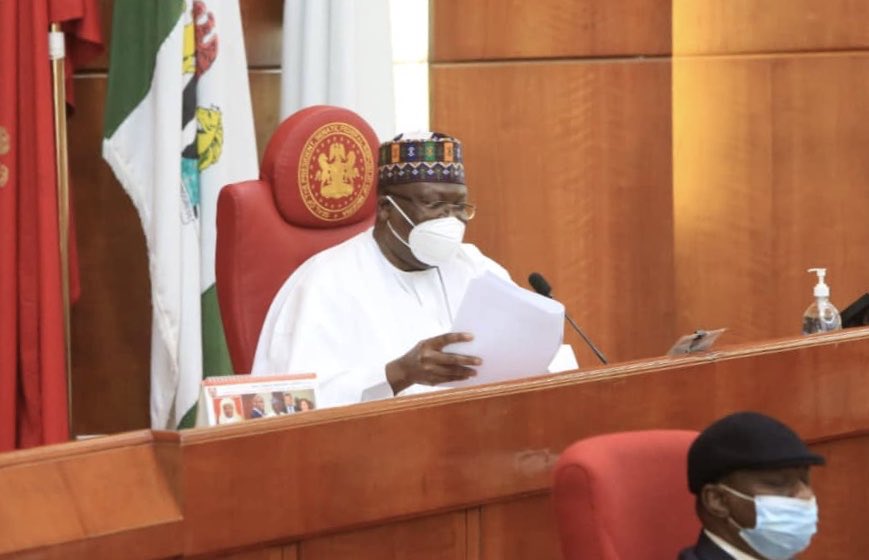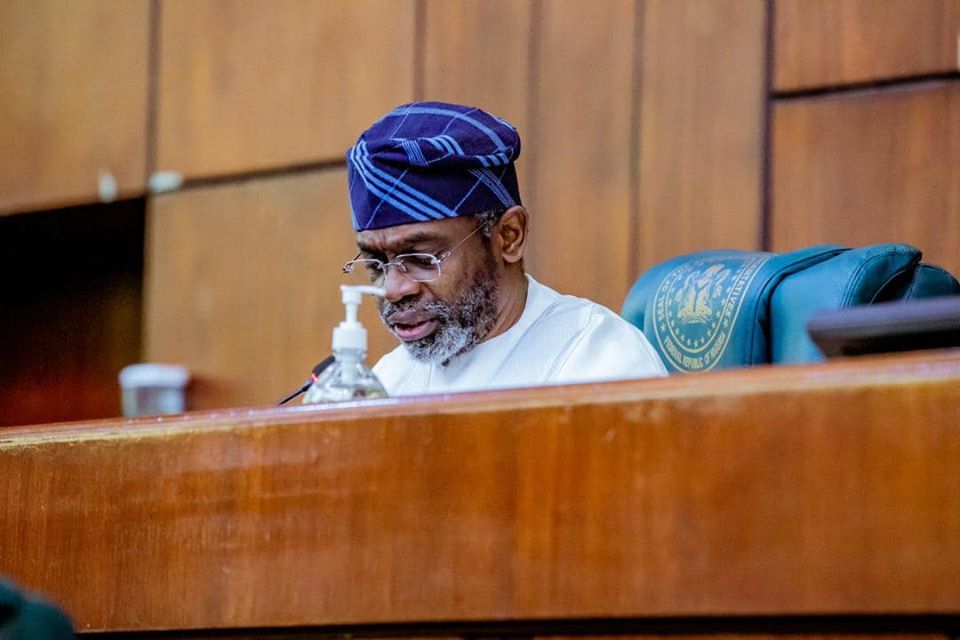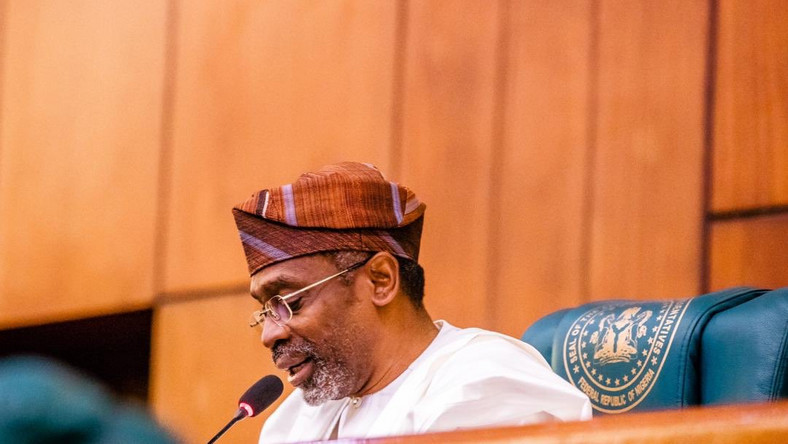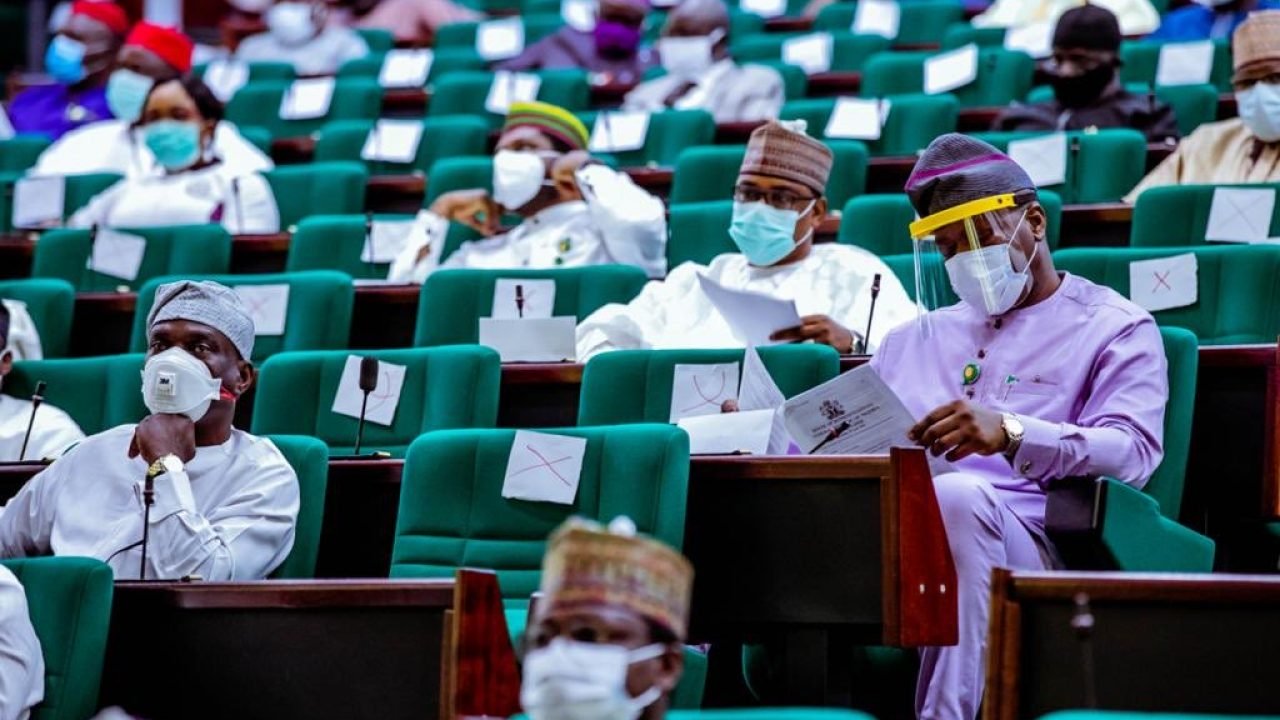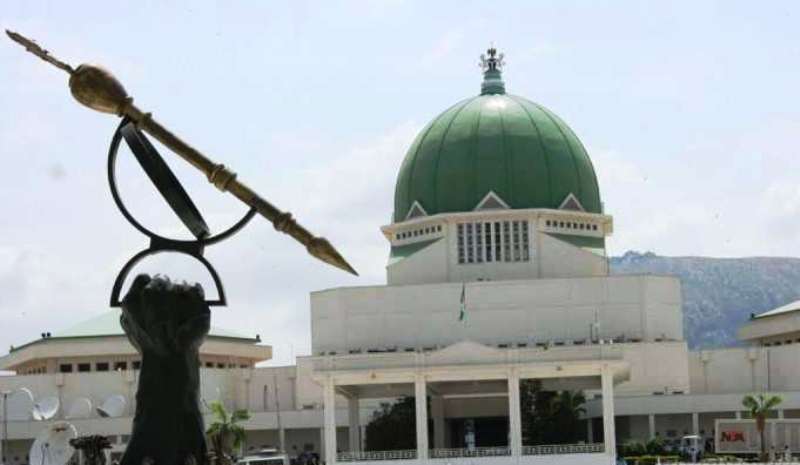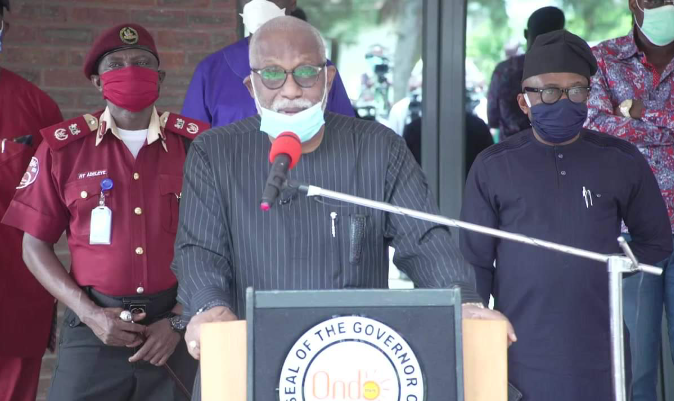By Emman Ovuakporie
A Bill for An Act to Repeal the Customs and Excise Management Act, Laws of the Federation of Nigeria, 2004, and to Enact an Act to Establish the Nigeria Custom Service Act, 2021 passes second reading in the House of Representatives.
TheNewsGuru.com(TNG) reports promoter of the Bill, Hon. Leke Abejide while speaking at plenary on Tuesday said the need for a holistic overhaul of the Customs and Excise legislation cannot be overemphasized in view of its
contribution to fiscal and national policy development.
He noted that since 1958, more than half a century ago, the Nigeria Customs and Excise Management Act has not undergone any major reform.
According to the lawmaker, you will agree with me that in today’s competitive world, the Act, its Regulations, and its Operational Guidelines are archaic, obsolete, and no longer in tandem with modern day challenges, and
this has unfortunately reduced measurably the accruing revenue against the volume of trade.
Abejide explained that this exercise is noticeable in the following areas like Collation of all Customs and Excise Legislations into a single compendium of Customs and Excise Act to facilitate easy reference and easy knowledge driven Customs and Excise policies.
“This Act will position the Nigeria Customs Service to be financially stable in order to recruit the required number of Officers they need to man our porous border stations. The Nigeria Customs service recently have 15,349
officers instead of 30,000 officers needed for the Service to function optimally.
“The current 7% cost of collection from Duties payment is not enough to pay salaries of officers, not to talk of improving the infrastructures. For this reason this Bill provides for additional funding system based on 4% FOB, according to international best practice, to address funding problems, and to reposition the Service for improved efficiency and service delivery”.
“Making the Act more readable to the understanding of the Principal Stakeholders thereby deviating from hitherto strict legal drafting of the aged”.
“Providing stiffer punishments for offenders to act as deterrence for serious economic crimes of Customs and Excise oriented, thereby encouraging
more revenue in the area of fine payment”.
“Provision of legislative input into the appointment of Comptroller General of Customs and Excise similar to other organizations like Inspector General of Police and Service Chiefs. This is based on the economic
importance and security implication the occupier connotes to the national
development”.
“Rejigging the Board of Customs and Excise Management with competent and result oriented technocrats for smooth and fast operation of its functions, putting round pegs in round holes”.
“Provisions in line with International Best Practice with realistic deviation from the 1958 Act that has become obsolete in injecting combative approach to revenue generation;
“Boosting the morale of Customs Officers with incentives introduced to carry them along in the scheme of things from the Comptroller General down to the last employee of the service in line with revenue generation
institutions and service delivery mechanism; and introduction of new Excise collectable revenue avenues in line with the just recently enacted Finance Act 2020 for smooth operation”, he noted.
Abejide who represents Yagba East/West federal constituency explained further that the collection of Excise Duties on all carbonated drinks is now captured in the Bill for the Nigeria Customs Service to have adequate legal backing to function in this area.
He said the aforementioned developments when injected into the Bill is sufficient to implode economic development and greater revenue generation in tandem with the goal and target given to the Nigeria Customs Service in view of fiscal independence and autonomy the economy is yearning for.
Further stressing that the most innovative inclusion into the Bill is the objectives of eradicating problems of corruption, fraud and malpractices together with inefficiencies and ineffectiveness in operation of the service, which have hindered the desire to contribute maximally
to the economic development of the nation.
“The injection of provisions driven from stakeholders advise and experiences shall bring measures to eradicate fraud and smuggling activities for full collection of revenue due, timely from Customs and Excise duties.
“In accomplishing this task this Bill is in tune with ICT development, thereby giving the Service the ICT demand it requires for its operations in line with International Best Practice. This would ensure a model that can think a thousand times faster and more efficiently than humans do, this digitalization of Nigeria Customs Service with the already embraced innovative solutions to trades across emerging markets.
” As a result of this, Nigeria Customs Service may record higher revenue in 2022. For improvement and diversification of Nigeria major source of revenue from oil to
non-oil sectors, this Bill must be quickly activated and urgently put in use when
passed”, he added.
Hon. Abejide advised that the re-orientation of the Customs Service in line with mechanism or methodology of improving their skill and knowledge in order to eradicate tax evasion and tax avoidance of the operators in the system must be quickly enhanced adding that government needs to fully implement the various reforms so that various loopholes that serve as conduit pipes for free flow of revenue to individual hands can be blocked. Corruption and fraud need to be checked in the system.
The Bill scaled second reading without further debate after a voice vote was put up by the presiding officer, Femi Gbajabiamila.
